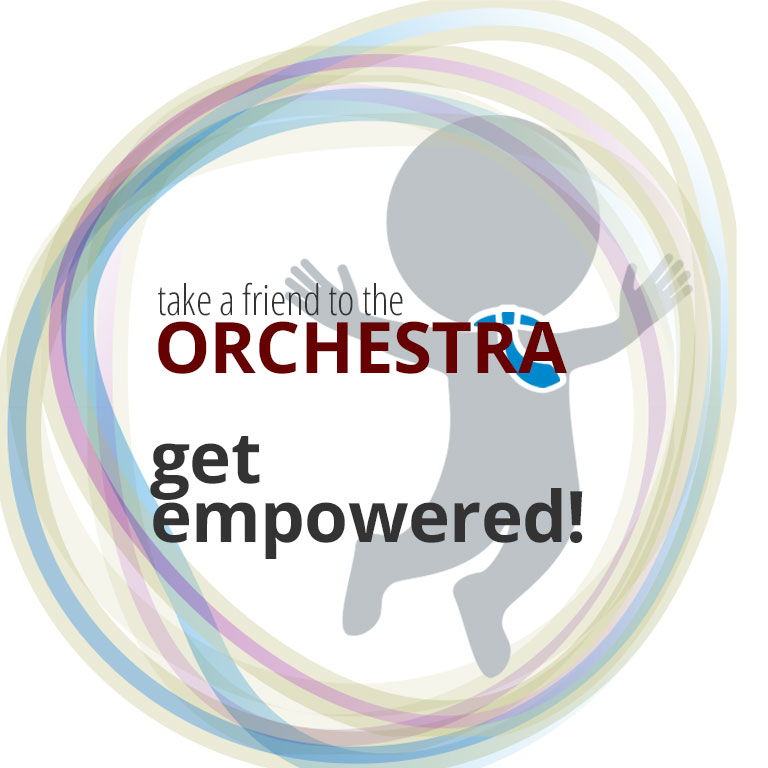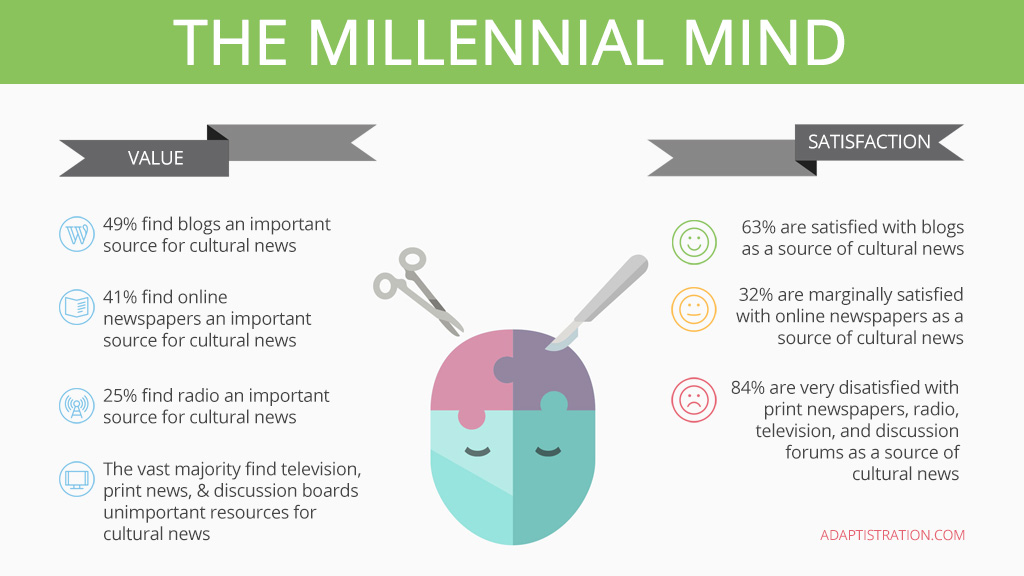Librettist, composer, and economist Garth Trinkl gets around, he divides his time between Washington, D.C., Berkeley, CA, and Lviv, Ukraine. He resolved to partake in the Take a Friend to Orchestra project but decided that the original scope was a bit too narrow. As such, he opted out of attending a full orchestra concert and took advantage of some of the fantastic (and less expensive) opportunities in a large metropolitan area his friends to a few chamber concerts, here’s what happened:
I think that Drew’s excellent idea behind TAFTO Month could be expanded to encompass chamber concerts and non-standard orchestral concerts, as well as standard, subscription orchestral concerts. For example, I personally feel that I fulfilled my professional obligation to TAFTO Month by inviting two friends; both of whom love jazz, avant-garde, and world music, but not classical music — to two concerts: a wonderful program of Vivaldi and Bach by the Akademie fur Alte Musik Berlin, at the Library of Congress; and an equally wonderful program by the Saint Petersburg String Quartet of works by Mendelssohn, Shostakovich, and Smetana, at the National Gallery of Art. Both of these classical concert venues were more informal, and less expensive, than an orchestral concert at the Kennedy Center would have been, and the quality of each of these classical concerts was second to none. Each of my guests loved these concerts, and I myself learned from their fresh responses to the music. And now that each has had a revelatory classical concert experience, I will plan to invite each of them to join my spouse and me for a full orchestral concert this summer or autumn — if I can locate orchestral concerts that I think will be enjoyable to each.
It should be noted that as a matter of principal and as a new classical music advocate, I strongly hesitated to invite these friends to the all-Tchaikovsky and all-Schubert and Bruckner concerts that the National Symphony Orchestra was producing this month. I have, however, invited a colleague to join me for a National Symphony Orchestra performance of Britten’s Violin Concerto and Shostakovich’s Symphony #11 during the first week of June. And I did invite a friend to accompany me to an NSO concert last February. That concert featured a well-balanced program including works by Mozart, Walton, and living American composer David Diamond. Regarding TAFTO Month, in general, I feel that if I, and other members of America’s creative-class, are going to go through a lot of effort to help cultivate new orchestral audiences, then the orchestras themselves are going to have to try to meet us half-way by consistently programming concerts that are relevant to contemporary American society.
What do I mean by non-standard orchestral concerts? Well, many American orchestras, as part of their Summer in the City programs, will be featuring one or more free classical music concerts. For example, I notice that the National Symphony Orchestra will be performing a free concert at Washington’s sublime, ecumenical National Cathedral on July 21. The concert features orchestral and choral works by Gounod, Britten, and Poulenc, and will feature the world-class conductor and organist J. Reilly Lewis (who is Washington’s most intellectual conductor). This sounds like a grand evening to me, and one could tell their friends that they will have an opportunity to hear the Cathedral’s huge organ in performance with an orchestra! If you and friends attend and enjoy this concert, you will then have the opportunity to follow up, on November 13, with a subscription concert featuring ecumenical orchestral-choral works by Barber, Bernstein, Schoenberg, and Eric Zeisl (the Washington premiere of his Requiem Ebraico.)
Those living near San Francisco will have the opportunity to hear the San Francisco Symphony in a free outdoors concert in San Francisco’s beautiful Dolores Park on the afternoon of July 24. Being the progressive musical city that it is, the San Francisco Symphony will even feature a work by a living American composer, Gabriella Lena Frank, her Mestizo Waltz from Three Latin American Dances, as well as works by Bizet, Chabrier, and Rimsky-Korsakov.
And has everyone with the time thought about taking a friend along to an orchestral dress rehearsal? My mother meets her friends and neighbors for the SFS’s monthly open rehearsals, and these concert opportunities are now an important part of her life. (Though last week’s all-Richard Strauss program, under Michael Tilson Thomas and with soprano Laura Claycomb, didn’t meet her expectations for a well-balanced orchestral program. My mother said that that she wishes that she could have heard, instead of the Strauss song cycle, Ms. Claycomb or mezzo-soprano Lorraine Hunt Lieberson sing living American composer Peter Lieberson’s cycle of Neruda Love Songs). The cost of the open rehearsal, at $18, is within my mother’s budget. Adaptistration Readers may want to look at the new Concert Concierge on the San Francisco Symphony web-site to learn some basic ideas about how to choose concerts for, and promote concerts to, their friends. The site cross-lists concerts according to criteria such as light, dramatic, pretty, edgy, spiritual. Of course, I hope that you will take your friends to concerts which are dramatic, edgy, and spiritual! Please don’t underestimate them, or condescend to them, by taking them only to all-Mozart type programs. That will never get any of us anywhere!
While San Francisco Symphony doesn’t seem to be having a New and Unusual Music Festival this late spring, which in the past has encouraged creative-class music lovers to give the orchestra a try, I do notice that the University of Maryland is hosting a three-week student-professional level National Orchestral Insitute, with public concerts on June 11, 18, and 25, under Gerard Schwartz, Roberto Minczuk, and David Robertson. At $20 a ticket for adults, and $7 a ticket for students, I might try to invite a friend, and some young friends who are students, to hear David Robertson conduct an interesting program of Sibelius, Boulez [the orchestral version of his Notations], and Stravinsky.
Final thoughts … In the past, I’ve had the most success inviting friends who are completely new to classical music to concerts, when the orchestral or chamber concert included at least some accessible contemporary music. For example, I have invited bright, culturally curious friends and work colleagues to orchestral concerts featuring Phillip Glass’s Symphony #5 (his ecumenical Symphony-Oratorio), Arvo Part’s Symphony #3, and Henryck Gorecki’s Symphony #3 (with soprano). In each case, these friends and work colleagues have loved these classical music opportunities and asked to be invited to future concerts similar to these. I have also, recently, invited friends to a chamber music concert featuring music by the living Chinese-American composer, and MacArthur Fellow, Bright Sheng. I used the attendance of the composer at the concert as a hook with which to interest these college-educated, well-read, and culturally aware friends. On the other hand, the presence of accessible contemporary music isn’t absolutely necessary. This past winter in Europe, I invited a friend to attend Stanislaw Moniuszko’s 19th century comic opera The Haunted Manor with me, even though this friend really wanted to attend a jazz concert by a French trio that evening. Since I had seen the opera production the previous winter, so I was able to say with some authority “You really ought to see this opera production, or you’ll be sorry.” We did attend the opera. And my friend did tell me that I was right.


